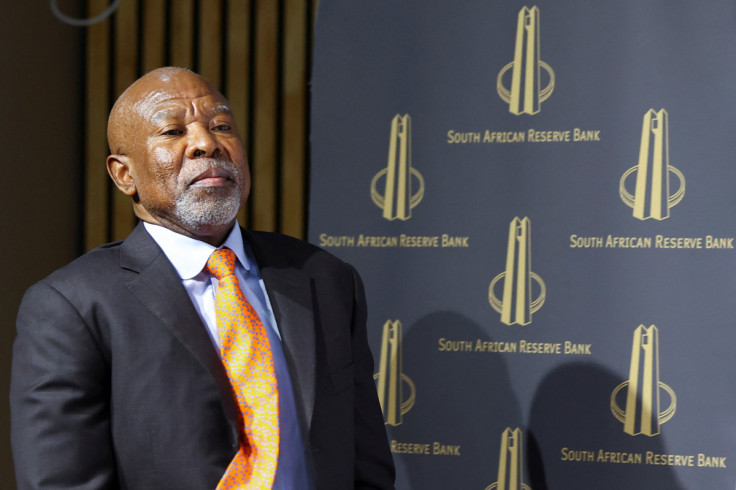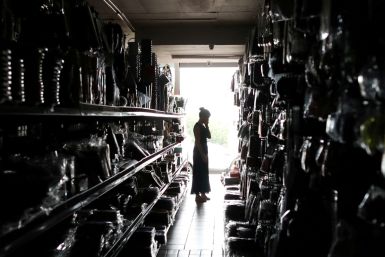Reserve Bank Keeps Repo Rate Unchanged At 8.25%

The Reserve Bank announced on Thursday that the repo rate will remain unchanged at 8.25% amid the ongoing uncertainty about electricity, fuel and food inflation.
During a media briefing following the Monetary Policy Committee (MPC) meeting, Reserve Bank's Governor Lesetja Kganyago announced the decision, noting that it was a unanimous verdict, as electricity prices continued to present clear inflation risks alongside fuel and food prices.
Kganyago noted logistics constraints in the country can "have broader effects on the cost of doing business and the cost of living," adding that "given uncertain fuel and food price inflation, considerable risk still attaches to the forecast for average salaries," SA News reported.
"Serious upside risks to the inflation outlook remain. In light of these risks, the Committee remains vigilant and stands ready to act should risks begin to materialize."
According to the governor, the market-based expectations for inflation are currently 5.8% this year while near-term break-even rates have gone down to 4.3%.
"The September survey of the Bureau for Economic Research shows average inflation expectations lower at 6.1% for 2023. The Committee, however, would prefer to see expectations anchored at the mid-point of the inflation target band," Kganyago explained.
The global growth has broadly remained unchanged at 2.7% (it was 2.6% earlier) and is expected to remain at 2.6% next year, as per the South African Reserve Bank. However, the decisions to alter the repo rate might change next year, depending on the data.
He added, "The inflation and repo rate projections from the updated Quarterly Projection Model (QPM) remain a broad policy guide, changing from meeting to meeting in response to new data and risks."
Since the COVID-19 pandemic hit, the committee has been working on lowering the inflation in the public sector, including "achieving a prudent public debt level, increasing the supply of energy, keeping administered price inflation low and real wage growth in line with productivity gains."
These steps will help to strengthen the effectiveness of monetary policy and its transmission to the broader economy.
"South Africa's external financing needs will increase as the current account deficit expands from a forecasted 1.3% of GDP this year (from 2.0%), to 2.6% of GDP in 2024 and to 3.5% of GDP in 2025."
Kganyago acknowledged that the South African currency, the rand, has weakened over the past year, as it depreciated by 9.5% against the USD. This marked the last MPC meeting of 2023.
© Copyright 2025 IBTimes ZA. All rights reserved.


















